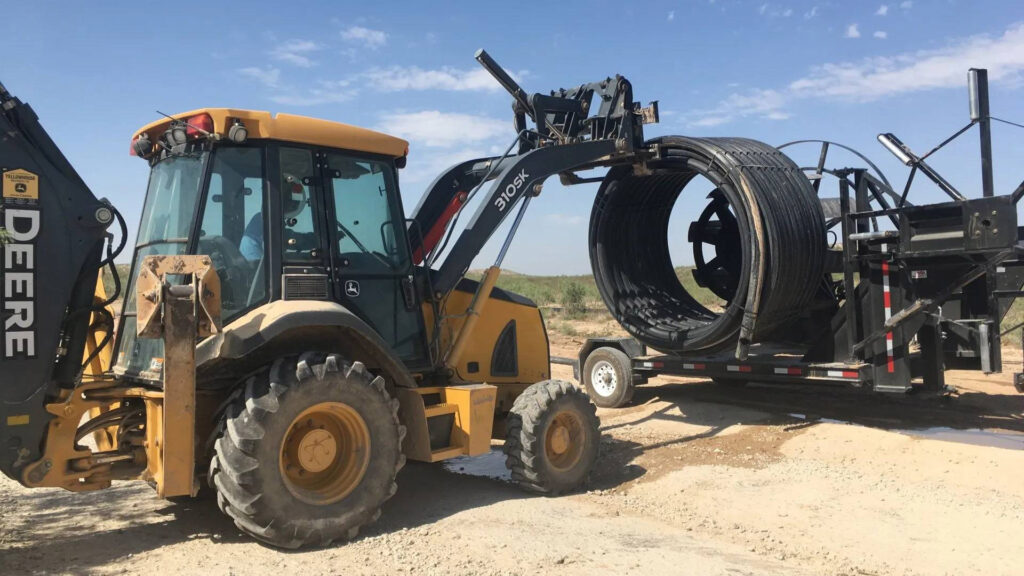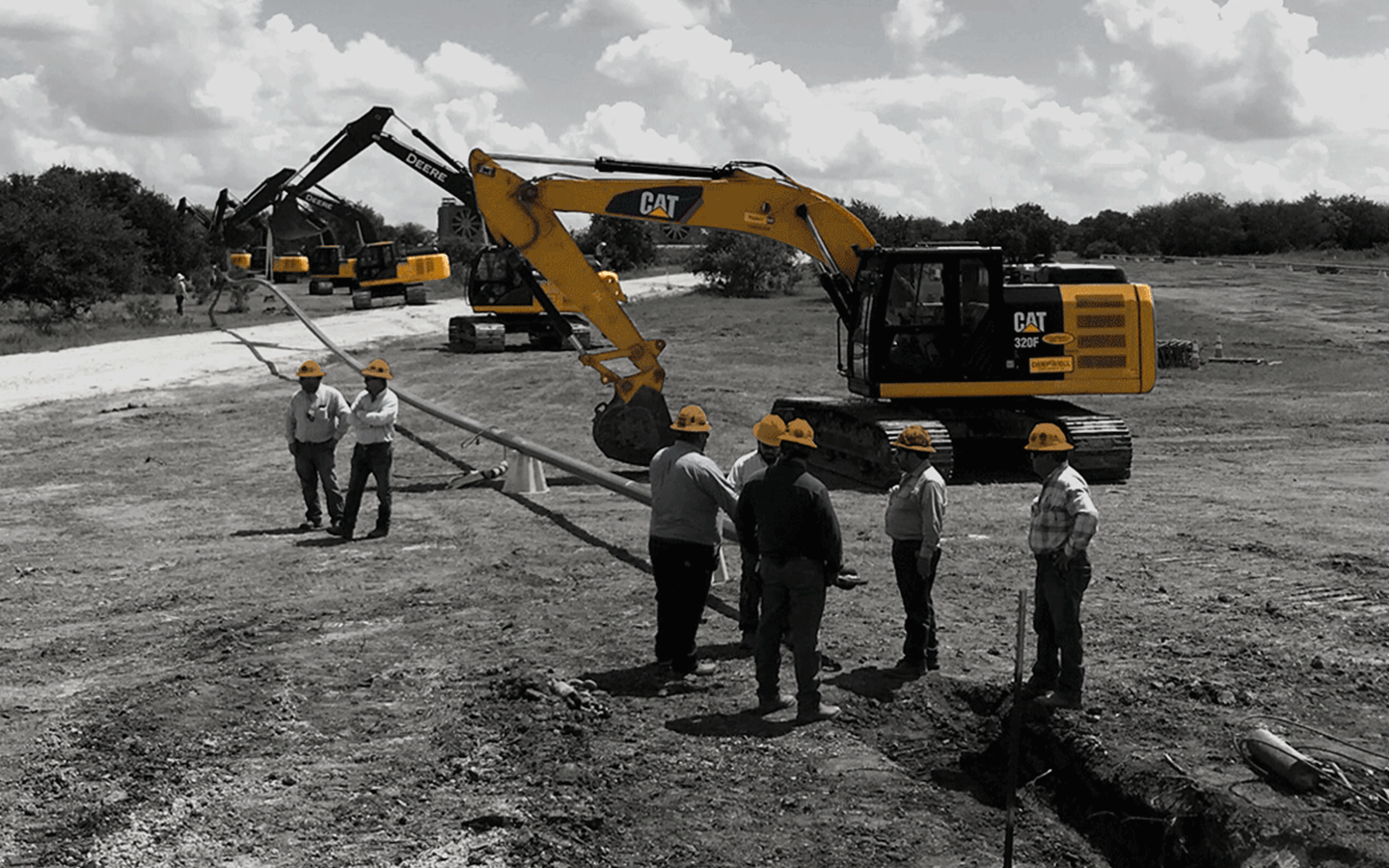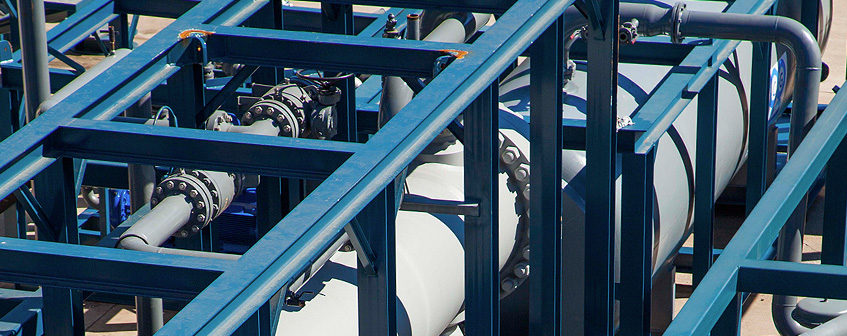Superior rentals squeeze tools: practical applications you should know
A Comprehensive Overview to the Various Types of Oil Field Equipment and Pipeline Equipment Available
The oil and gas industry counts greatly on specific devices for efficient extraction and transport. Numerous sorts of equipment, from drilling rigs to tank, play vital roles in this complex procedure. Each piece of devices offers distinctive functions that add to total operational success. Comprehending these parts is crucial for anybody associated with the field. As the industry develops, so also do the technologies that sustain it. What innovations are on the perspective?

Drilling Rigs: The Backbone of Oil Expedition
Drilling rigs work as the essential machinery in the domain name of oil expedition, making it possible for companies to access hydrocarbon books buried deep under the Planet's surface area. These rigs come in numerous kinds, consisting of land rigs, offshore rigs, and mobile units, each designed to operate in certain atmospheres. Outfitted with advanced innovation, drilling rigs can pass through geological formations with accuracy, making sure efficient source extraction. The architectural stability and operational capacities of these rigs are important, as they must hold up against severe conditions and substantial stress. Moreover, the selection of a boring gear influences the general task expense and timeline, making it an essential factor to consider for oil companies looking for to maximize their exploration efforts and optimize efficiency in their operations.
Pumps: Essential for Liquid Activity
In the oil extraction procedure, the duty of pumps is significant, promoting the movement of liquids throughout numerous stages of production. Pumps are crucial for transporting crude oil, water, and other liquids from underground storage tanks to the surface area and after that with pipes to refineries. They can be found in different types, including centrifugal, favorable displacement, and completely submersible pumps, each offering particular functions based on the fluid characteristics and operational requirements. Centrifugal pumps are generally used for their effectiveness in high-flow applications, while favorable variation pumps stand out in handling thick liquids. The selection of pump effects general efficiency, functional safety and security, and maintenance costs. Proper choice and maintenance of pumps are vital for enhancing manufacturing and reducing downtime in oil field operations.
Shutoffs: Controlling Circulation and Pressure

Valves play a vital function in taking care of the flow and pressure of liquids within oil fields and pipelines. Numerous sorts of valves serve distinct applications, each designed to accomplish particular functions basic for reliable procedure - Superior Rentals Contact. Recognizing the qualities and usages of these shutoffs is crucial for enhancing system performance and safety and security
Kinds of Valves
Important elements in oil area operations, valves play a crucial duty in managing the circulation and stress of liquids within pipes and equipment. Different types of shutoffs are made use of to fulfill the varied needs of oil and gas production. Common types include gate valves, which supply a straight-line circulation and very little stress decline; world shutoffs, understood for their strangling capacities; and round shutoffs, identified for their fast on/off control. In addition, check shutoffs protect against heartburn, while butterfly shutoffs use a light-weight option for managing circulation. Each shutoff type is developed with particular materials and configurations to endure the severe conditions frequently found in oil fields, ensuring reliability and performance in procedures. Recognizing these types is vital for efficient system management.
Valve Applications and Features
While numerous kinds of valves serve distinctive purposes, their primary applications focus on regulating flow and pressure within oil and gas systems. Valves such as gate, world, and sphere valves manage liquid motion, ensuring peak efficiency and security. Gate go shutoffs are frequently used for on/off control, providing marginal flow resistance. World valves, on the other hand, deal accurate circulation guideline, making them suitable for strangling applications. Ball shutoffs are favored for their fast operation and limited sealing capabilities. Furthermore, pressure safety valve are critical for protecting against system overpressure, securing equipment honesty. In general, the ideal choice and application of shutoffs improve functional effectiveness, ensuring the trustworthy transport of oil and gas with pipes and handling centers.
Compressors: Enhancing Gas Transportation
Compressors play an essential duty in the efficient transportation of all-natural gas, guaranteeing that it relocates smoothly with pipes over fars away. These tools increase the pressure of gas, allowing it to get rid of friction and elevation modifications within the pipeline system. In addition, compressors promote the harmonizing of supply and demand, fitting fluctuations in usage and production rates. Different types of compressors are utilized in the market, including centrifugal, reciprocating, and rotary screw compressors, each offering distinct advantages based on the operational requirements. Normal upkeep of these compressors is necessary to make the most of effectiveness and lessen downtime, eventually adding to a reliable gas transportation network. Their vital feature underscores the value of compressors in the general oil and gas framework.
Storage Tanks: Safe and Reliable Fluid Administration
Efficient transportation of gas counts on different sustaining systems, one of which is the correct monitoring of tank. These storage tanks play a vital role in safely having fluids, guaranteeing that functional efficiency is kept while lessening ecological threats. Built from resilient products, they are designed to endure high stress and corrosive components. Appropriately sized and tactically located, tank facilitate the smooth circulation of gas and other liquids, stopping bottlenecks in supply chains. Normal maintenance and tracking are essential to spot leaks or structural problems, promoting safety and security and compliance with governing Full Article standards. Ultimately, the effective administration of storage tanks is important for the overall stability and dependability of the oil and gas market's fluid handling systems.
Pipeline Solutions: Infrastructure for Transportation
Pipeline systems serve as the backbone of the oil and gas industry, facilitating the reliable transport of hydrocarbons over substantial ranges. These systems include various components, consisting of pipelines, shutoffs, pumps, and compressors, all carefully developed to guarantee smooth flow. The products used in pipeline building and construction, typically steel or high-density polyethylene, are picked for toughness and resistance to corrosion. Pipeline networks can extend across land and water, linking manufacturing sites to refineries and warehouse. Additionally, advanced modern technology enables real-time tracking of circulation rates and pressure degrees, boosting operational effectiveness. The calculated positioning of these pipelines lessens ecological impact while making the most of source accessibility, thus playing a crucial role in meeting power needs around the world.
Safety Equipment: Making Sure Employee and Environmental Defense
The operation of pipeline systems, while vital for power transport, additionally presents significant safety difficulties for workers and the atmosphere. Safety and security equipment plays a significant role in reducing these threats. Individual safety tools (PPE) such as helmets, handwear covers, and non-slip footwear safeguards workers from physical threats. In addition, gas discovery systems monitor for leaks, making certain that hazardous compounds do not present a hazard to personnel or the surrounding environment. Emergency situation closure systems are essential for rapidly halting procedures throughout a situation, protecting against possible calamities. Spill control materials, including bathroom sink pipe replacement absorbents and barriers, are fundamental for minimizing ecological influence. On the whole, spending in all-inclusive security equipment is critical for keeping functional stability and protecting both employees and the atmosphere in the oil and gas market.

Regularly Asked Concerns
How Do I Pick the Right Oil Field Equipment for My Project?
Selecting the right oil field tools entails assessing task specs, budget plan restraints, and functional needs. Think about aspects such as devices dependability, compatibility with existing systems, and the provider's track record to ensure peak performance and safety.
What Are the Upkeep Demands for Oil Field Equipment?
Maintenance requirements for oil area equipment consist of routine evaluations, lubrication, and timely repair work. Operators needs to additionally abide by manufacturer standards, display efficiency metrics, and warranty conformity with safety and security laws to boost long life and performance.

Exactly How Can I Ensure Conformity With Environmental Regulations?
To ensure compliance with ecological regulations, business must perform regular audits, carry out best methods, purchase training, preserve proper paperwork, and remain updated on regulations (Superior rentals squeeze tools). Partnership with ecological firms can also improve adherence to laws
What Is the Average Life Expectancy of Pipeline Equipment?
The ordinary lifespan of pipeline devices commonly ranges from 20 to 50 years, depending upon variables such as material quality, ecological problems, and upkeep techniques. Regular evaluations can substantially affect longevity and operational effectiveness.
Just how Do I Securely Transport Oil Field Equipment to Remote Locations?
Carrying oil area tools to remote areas requires careful planning, consisting of path analysis, safeguarding permits, using suitable cars, and making sure security procedures are complied with. Proper training and communication amongst staffs are essential for effective transport.